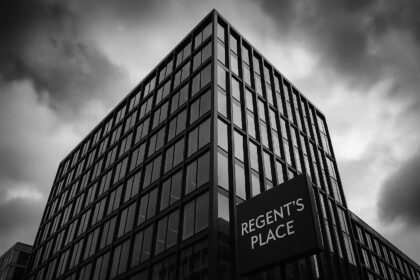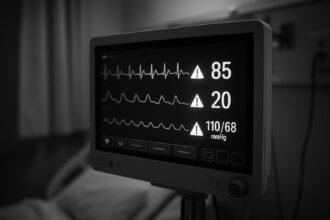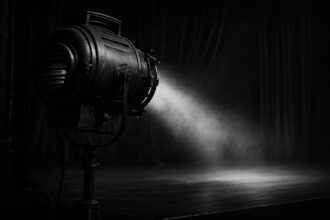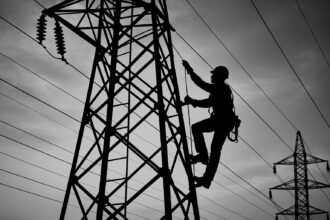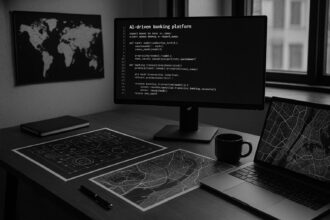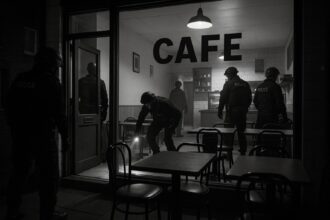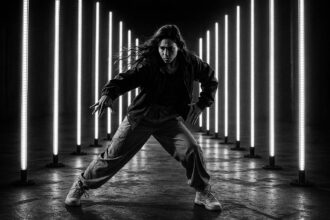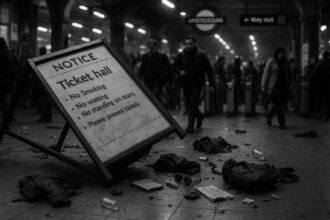A notable rise in the use of the ‘sexsomnia’ defence in UK rape cases, cited where defendants claim to have been asleep during the acts, is causing alarm among experts and calls for legal scrutiny.
In recent years, there has been a notable increase in the use of the ‘sexsomnia’ defence in rape cases across the UK. Sexsomnia, a rare sleep disorder, is being cited by defendants to claim they were asleep during the commission of sexual acts, including rape and child sexual abuse. Approximately 60% of these cases have resulted in acquittals, causing growing concern among legal and medical experts about potential miscarriages of justice and the exploitation of this condition as a defence strategy. Calls for legal reform and heightened scrutiny of such claims are being made to ensure the integrity of the justice system and proper treatment for genuine sufferers of the disorder.
Separately, a former general practitioner, Mohan Babu, from Emsworth, Hampshire, was sentenced to three and a half years in prison after being convicted of sexually assaulting three vulnerable patients during consultations. The incidents occurred in his surgery, and his victims included a terminally ill cancer patient. Despite Babu’s autism diagnosis, Portsmouth Crown Court ruled that it did not excuse his actions, resulting in him receiving a sexual harm prevention order for 10 years and placement on the sex offenders register for life. The case underscored the severity of breach of trust and the significant impact of Babu’s actions on his victims.



